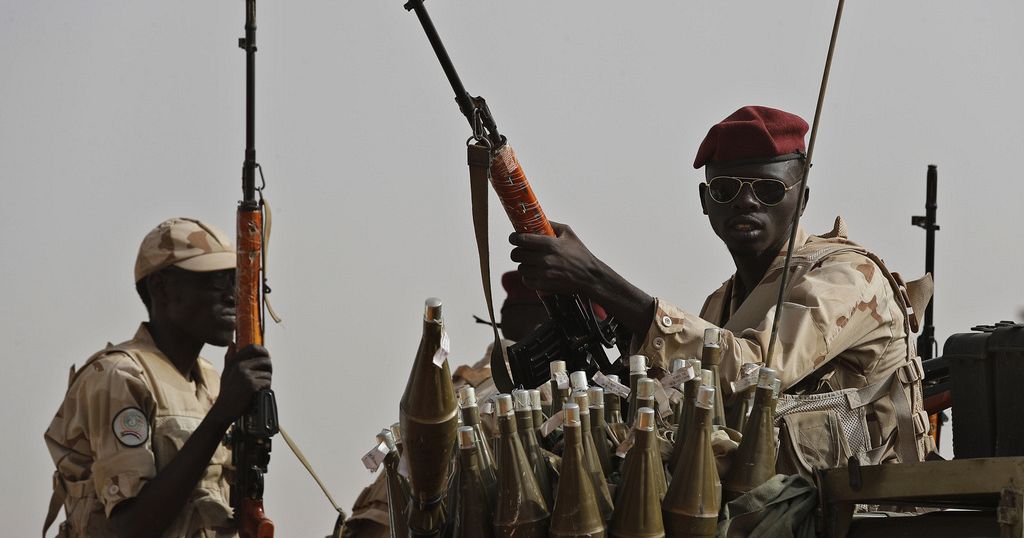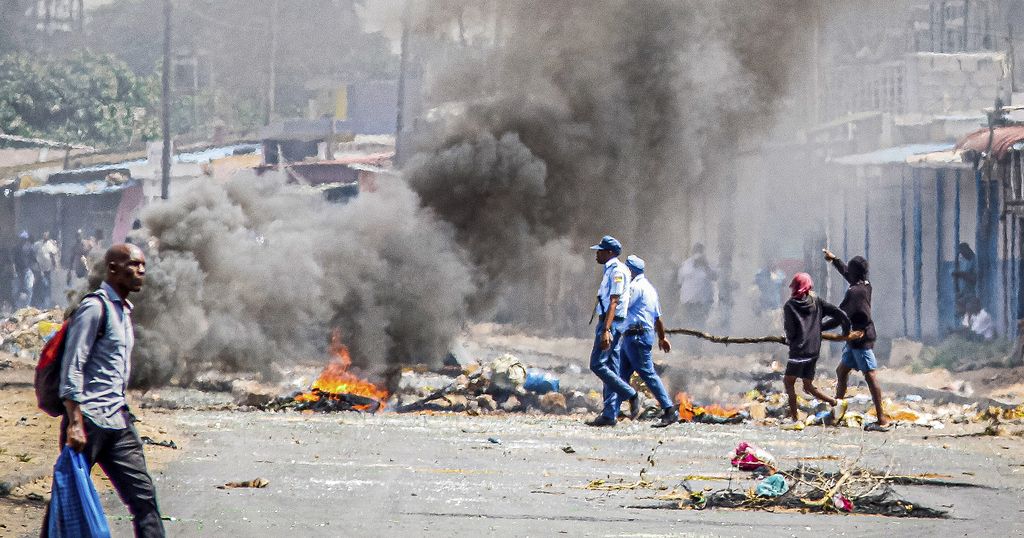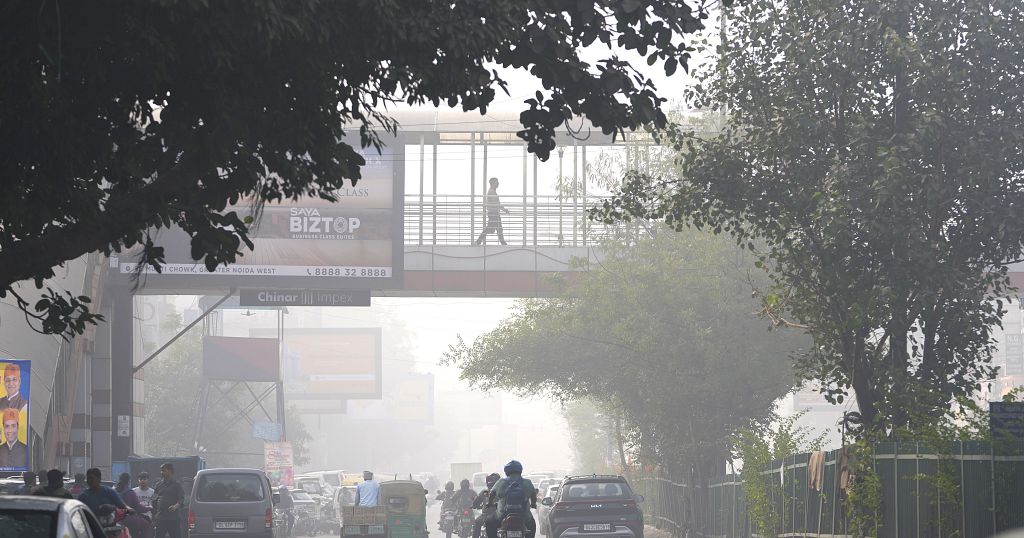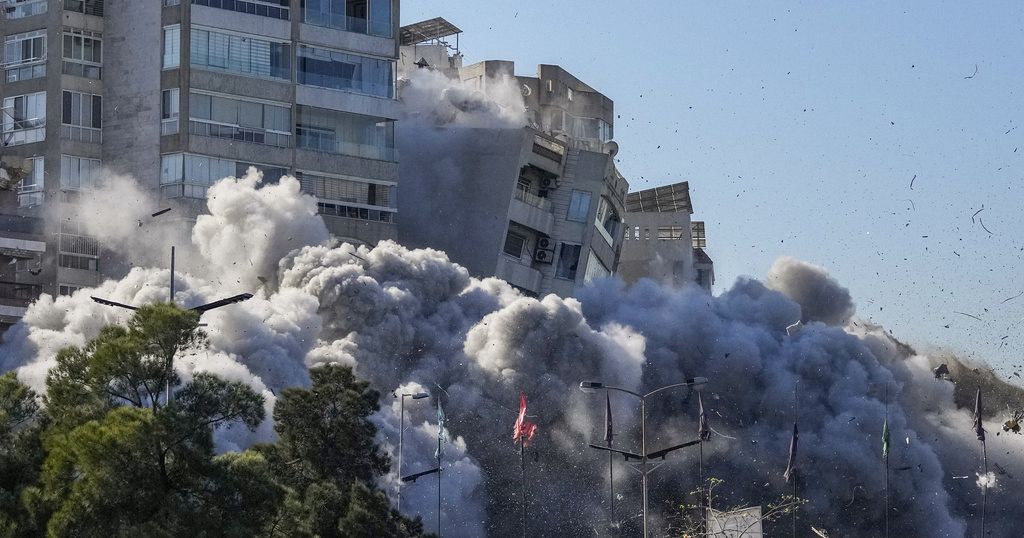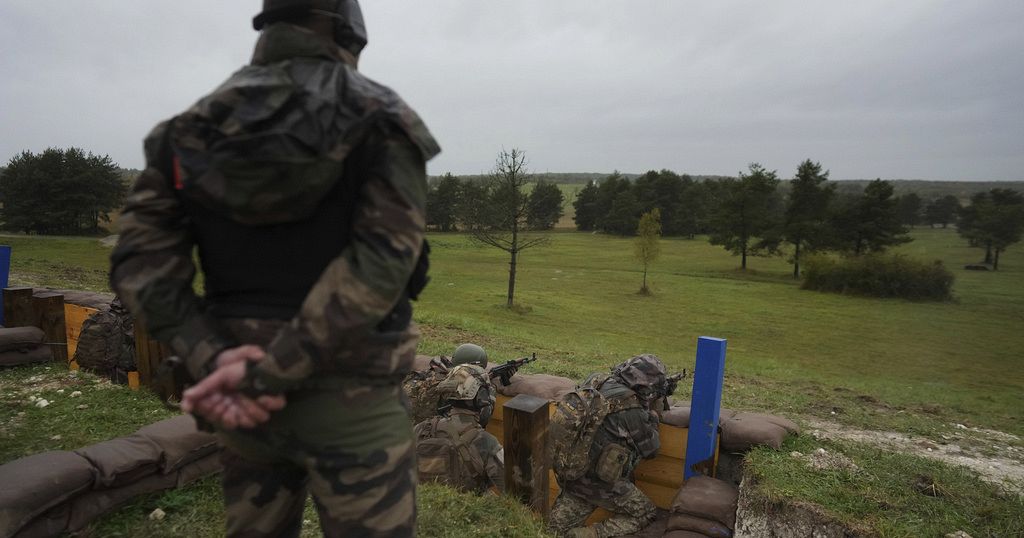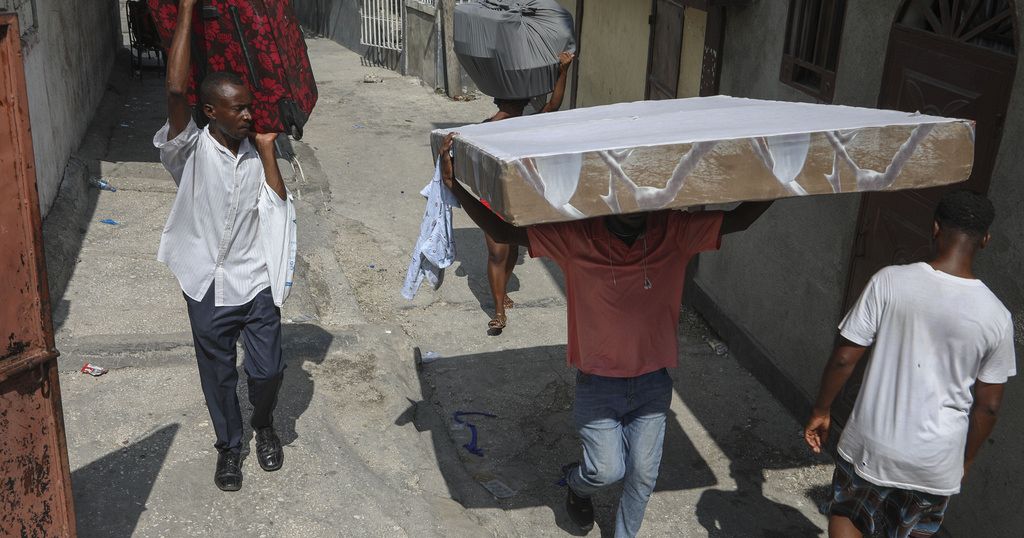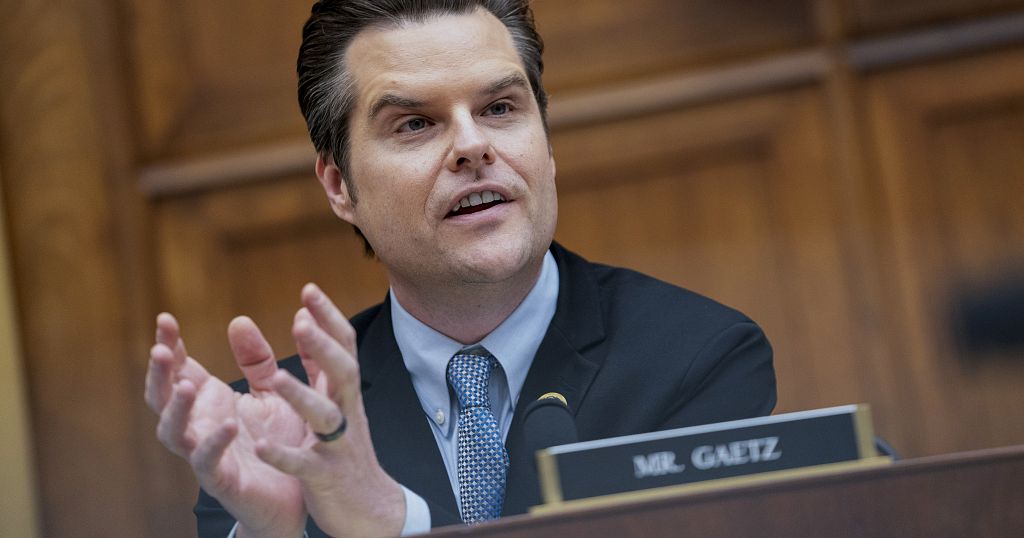Mali’s former environment minister launches plan to protect forests
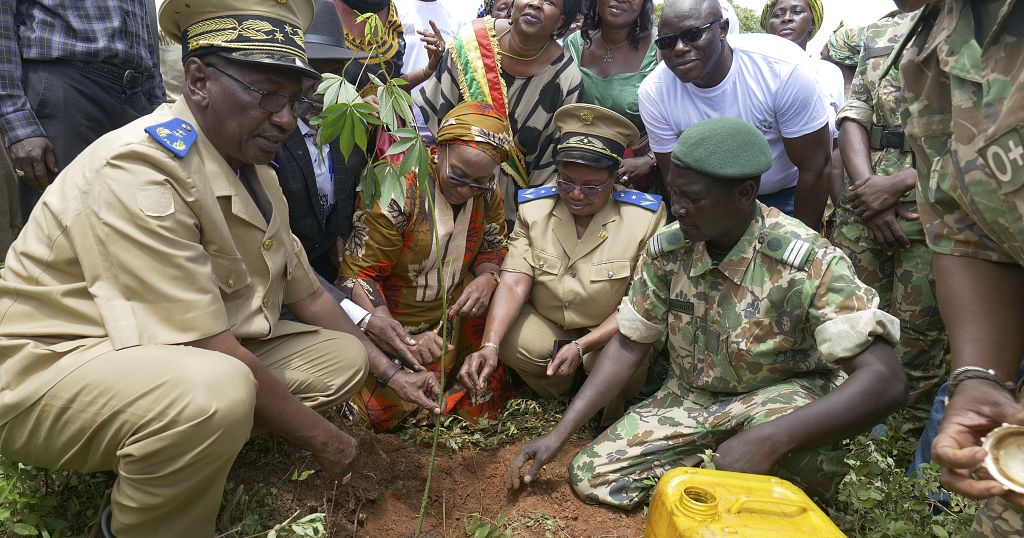
Tree planting here in Mali, sapling by sapling.
Despite being protected for decades, Zamblara forest is in danger of being wiped out.
After years of serving as Mali’s minister of the environment, Aida M’bo now spends her time planting trees in a fight that many in the arid West African country acknowledge they are losing.
M’bo’s nonprofit, Energia, is financially supported by the Great Green Wall, an initiative by African countries launched in 2007 that aims to plant trees in a nearly 5,000-mile line across the continent, creating a natural barrier to hold back the desert as climate change sweeps the sands south.
In early October, she set off from Bamako to the Sikasso region, long considered Mali’s breadbasket, to organize a community tree planting in the Zamblara forest.
“We have to tell the truth, which is that firewood constitutes the main way people cook in Mali,” M’bo says. “These forests are being cut down for firewood.”
Most of the country relies on firewood to cook, and cooking gas remains too expensive for the average household, almost half of whom are living in extreme poverty.
A 2019 African Energy Commission study found that 64% of Mali’s total final consumption was biomass, primarily firewood and charcoal for household use.
Salimata Diabate is a firewood seller from Zamblara who attended M’bo’s tree planting.
Though she expressed concern about the threats to Mali’s forests, she said people like her in the countryside have no choice but firewood for cooking.
“Things like cooking gas and solar panels are better, but it’s too expensive for rural women,” she says.
Lassana Coulibaly, who lives in the town of Senou in southern Mali, says he buys wood from local women, cuts it and sells it to other residents for household use.
“We buy wood, and we cut it up and resell it, so we can make some money. We take wood from these women and after we sell it, we reimburse them. This is what we do”, he says.
The loss of forests has become a pressing issue across Africa as the Sahara Desert creeps southward.
Over the last three decades, nearly 7,722 square miles (20,000 square kilometers) of forest have been lost in Mali, according to the environmental nonprofit Tree Aid.
The Great Green Wall initiative to plant trees in a nearly 5,000-mile line across the continent has seen millions of them die.
Mali, which ranks among the world’s least developed nations, is increasingly being affected by climate change.
It is also among several countries in the Sahel that have experienced record-breaking floods this year, with more than 1,000 people killed and hundreds of thousands displaced across the region.
Khady Camara, an environmental activist based in Senegal, says that the effects of climate change on the Sahel can’t be overstated, whether or not locals are cutting down trees.
“It’s true that Africa is suffering, but Africa is unfortunately a victim of climate change. Africa produces only three percent of greenhouse gasses. 90% is from the West,” she says.
But, she says, forests are resilient – and taking care of them, maintaining them, may help them be able to better weather the effects of climate change. Her organization, Vacances Vertes, has planted 150,000 trees so far in Senegal.
“We need to give more priority to our forests, but we also need to create new forests and give priority to natural regeneration,” she says.
Forests can absorb water to prevent floods and absorb carbon that would otherwise end up in the atmosphere, she adds.
“If we continue like this, I’m saying to myself, that this will be the disappearance of Africa, and of Africans.”
Source: Africanews




